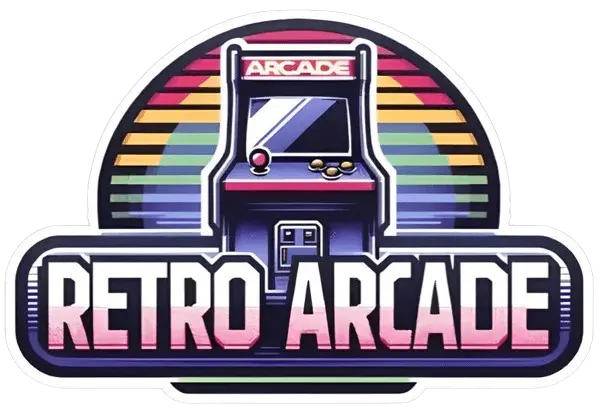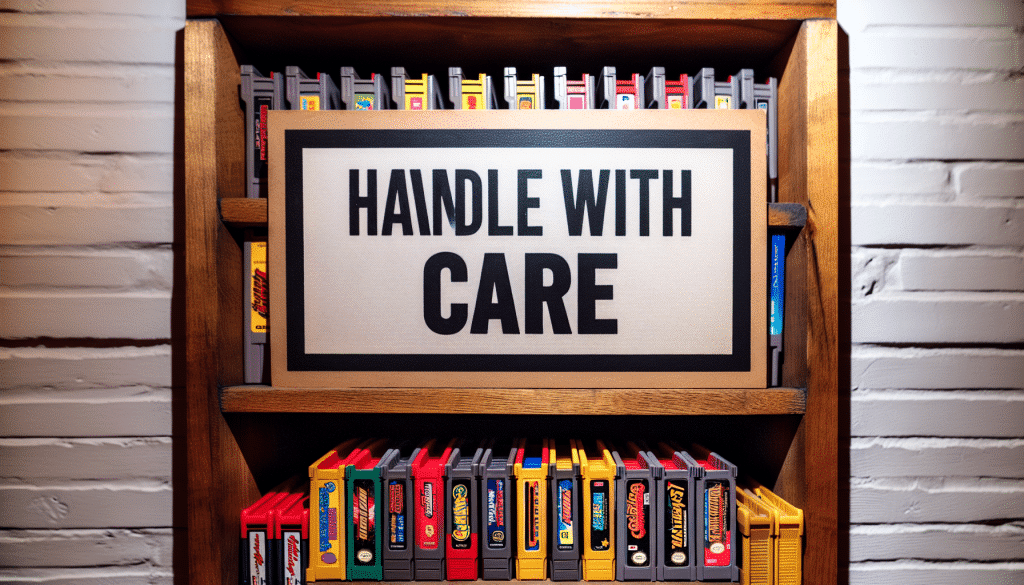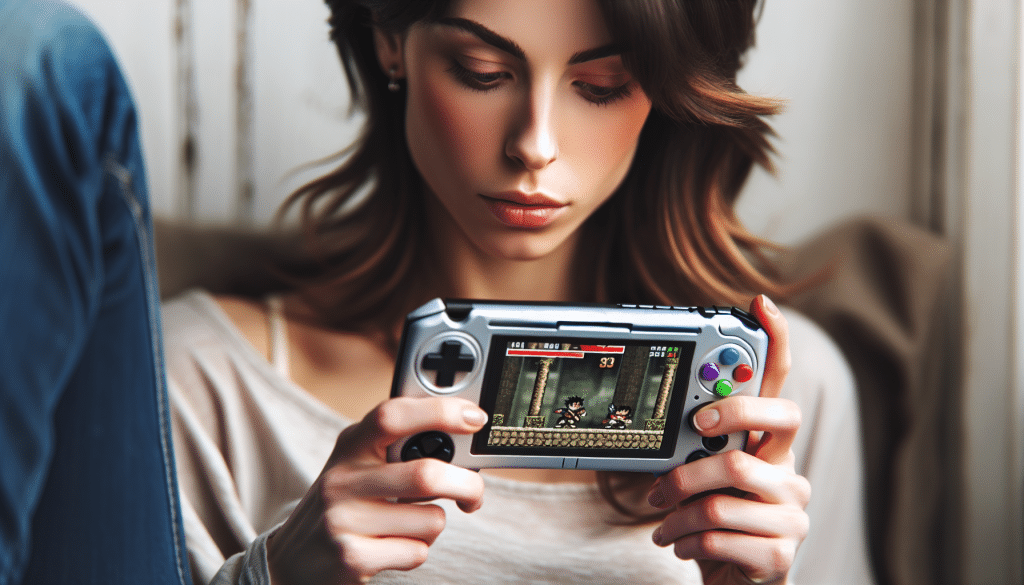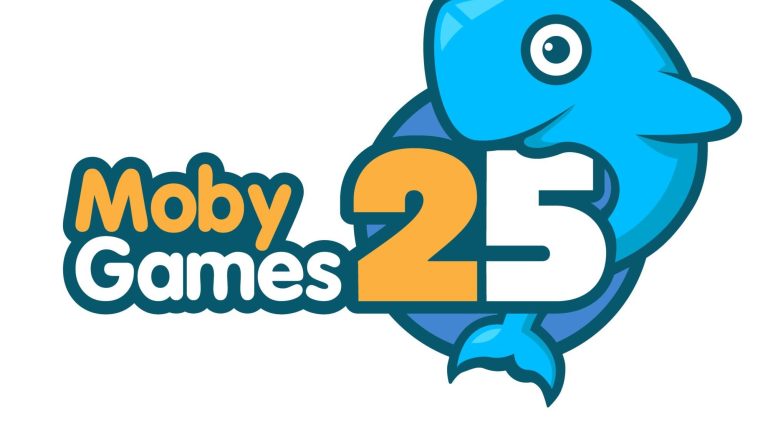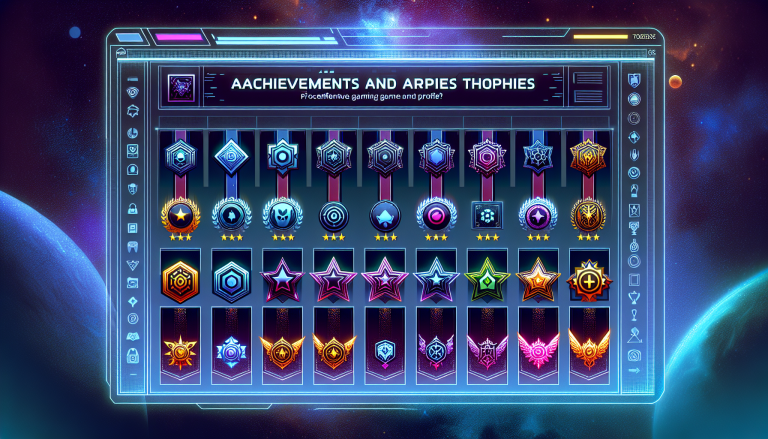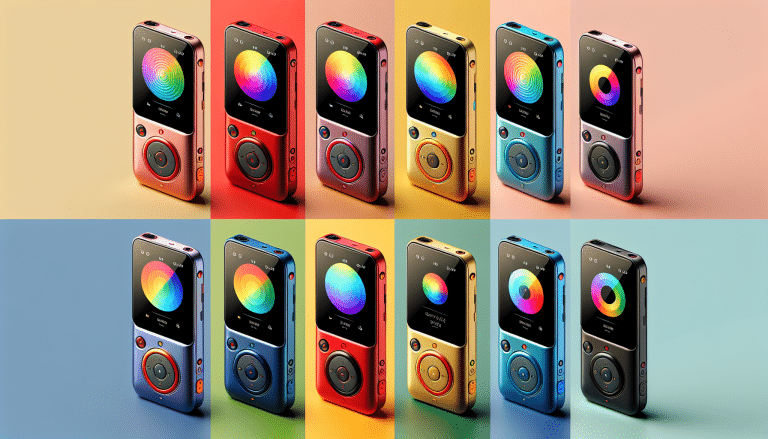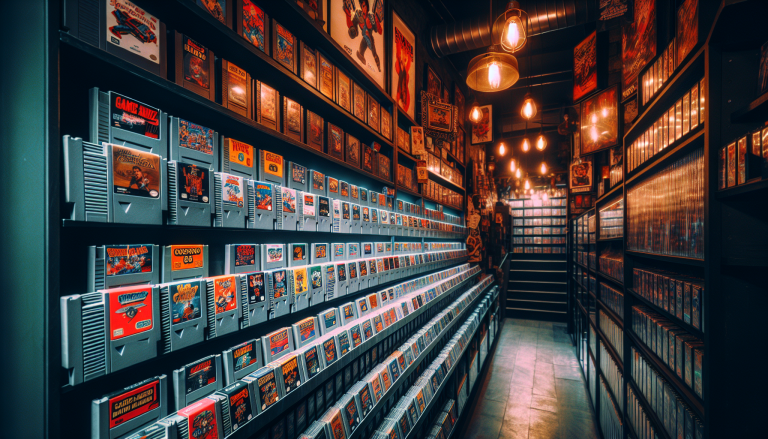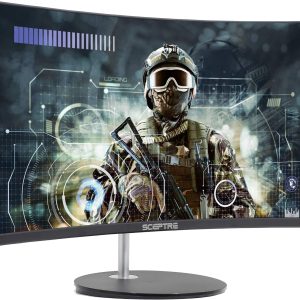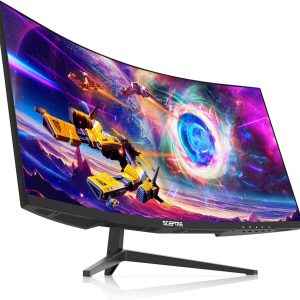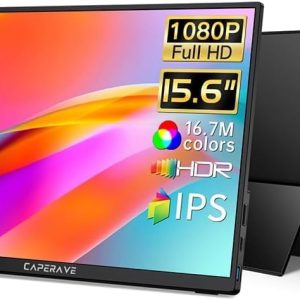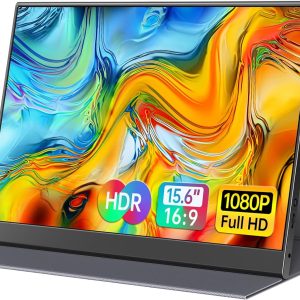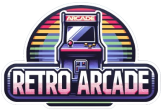The Role of Gaming Merchandise in Fostering Fan Culture
When you think about it, gaming is so much more than just playing a game. It’s about the entire fan culture that revolves around it. One of the key elements that cultivate this culture is gaming merchandise. How so, you ask? Let’s dive into it.
Ever noticed how gamers are often seen donning T-shirts with their favorite game characters or logos? Or the excitement that comes with unboxing a limited edition gaming console? That’s gaming merchandise doing its magic.
Making Connections
Gaming merchandise acts as a common thread, connecting gamers around the world. When you wear a shirt featuring your favorite character or team, you’re sending out a message to fellow gamers. It’s a silent nod of understanding, a way to identify fellow fans and create a sense of camaraderie.
Creating a Sense of Belonging
Merchandise also creates a sense of belonging. The feeling when you walk into a room, see someone wearing the same game’s T-shirt as yours, and instantly feel connected? That’s the power of merchandise. It builds an invisible community around shared interests. This sense of belonging is a crucial component in fostering fan culture.
- Exclusivity: Limited edition merchandise or collector’s items create a sense of exclusivity, further strengthening the bond between fans.
- Expression: Merchandise allows fans to express their loyalty and enthusiasm for a game or character.
- Identity: For some, it becomes an essential part of their identity, showing off their passion and dedication to the world.
Driving Engagement
Lastly, gaming merchandise is a great way to drive engagement. Holding contests where fans stand a chance to win exclusive merchandise or releasing new products, drives conversation and engagement among the community. The anticipation of what merchandise would be next adds an extra layer of excitement for fans.
Think about the last time a popular game released a new line of merchandise. The buzz it created, the discussions around it, the scramble to get hands on it – that’s engagement at its best.
All in all, gaming merchandise plays a crucial role in fostering fan culture. It’s more than just a product; it’s a tool to build connections, create a sense of belonging, and drive engagement, ultimately strengthening the fan base of a game.
Understanding the Link Between Gaming Merchandise and Identity Formation
For many people, the love of a video game goes beyond just playing it. It’s about embodying the experience, embracing the narrative, and embodying the characters. This is where gaming merchandise comes into play. The right type of merchandise can be an important cog in the wheel of identity formation for gaming enthusiasts. But, how exactly does this happen? Let’s find out.
The Power of Symbols
At a psychological level, humans have always responded to symbols. We associate symbols with particular emotions, ideas, and identities. For gamers, gaming merchandise acts as a physical symbol of their love and loyalty towards a particular game or character. Every time they wear a t-shirt with a game logo or drink from a mug adorned with their favorite character, they’re strengthening their connection with that game, and implicitly, their gamer identity.
Expressing Individuality
Gaming merchandise enables players to express their individuality and uniqueness in a very public way. It’s not just about being part of the gaming community; it’s about showing which part of that community you belong to. Whether you’re a die-hard ‘Call of Duty’ fan or a ‘Fortnite’ enthusiast, the merchandise you choose to wear or display is a strong proclamation of your gaming identity.
The Social Aspect
Identity isn’t just personal; it’s also deeply social. The gaming merchandise a person chooses to buy can help them connect with like-minded individuals and become part of a larger community. This sense of belonging can be incredibly empowering and comforting. In other words, merchandise can act as a social glue, cementing a person’s place within their gaming tribe.
- Community Events: At gaming conventions, expos, and events, merchandise often becomes a conversation starter, helping fans to break the ice and build new relationships based on shared interests.
- Online communities: Sharing pictures of gaming merchandise in online communities can also generate discussions, fostering connections and camaraderie among members.
Emotional Connection
Finally, owning gaming merchandise can foster a more emotional connection to a game or character. This connection can be especially strong for games that have been part of a person’s life for a long time. For many fans, merchandise isn’t just a product; it’s a tangible reminder of the joy, excitement, and even the challenges that a game has brought into their lives.
So there you have it. The link between gaming merchandise and identity formation is a complex interplay of symbolism, individual expression, social connection, and emotional attachment. And as gaming culture continues to evolve and expand, we can only expect this link to grow stronger.
The Economic Impact of Gaming Merchandise in Fan Culture
Ever wondered what exactly is the economic impact of gaming merchandise in fan culture? You’d be surprised to learn that it’s quite significant. Gaming merchandise isn’t just a fun way for fans to show off their love for their favorite games— it’s also a major source of revenue for game developers and retailers.
In fact, gaming merchandise plays a vital role in the overall gaming economy. Now, how does that work, you may ask? Let’s delve into it.
The Sales Powerhouse
From collectibles like figurines and posters to lifestyle items such as clothing and home decor, the variety of gaming merchandise available today is immense. These items often capture the essence of beloved game characters and worlds, providing fans with a tangible connection to their virtual experiences.
Interestingly, the sale of these items doesn’t just contribute to the income of game developers. It also boosts the revenues of numerous online and physical stores that specialize in selling gaming merchandise. Think of websites like GameStop, ThinkGeek, and Hot Topic. Their sales figures are significantly bolstered by gaming merchandise.
Merchandise as Marketing Tools
But the economic impact of gaming merchandise extends beyond direct sales. These items also serve as effective marketing tools. When fans sport a t-shirt featuring their favorite game or put up a poster in their room, they’re essentially providing free advertising for the game. In this way, gaming merchandise can indirectly boost game sales by heightening visibility and generating buzz.
Creation of Jobs
Another often overlooked economic impact of gaming merchandise is the creation of jobs. Creation, production, distribution, and sale of these items require a wide range of professionals. From artists and designers to factory workers and retail employees, the gaming merchandise industry supports countless jobs. This, in turn, benefits the broader economy.
Stimulating the Local Economy
Finally, in many cases, gaming merchandise can also stimulate local economies. Many small businesses and independent artists create and sell unofficial game merchandise. Local game conventions and fan events often feature stalls where fans can purchase these unique, handmade items. This not only supports local creators, but also encourages fans to spend money within their local community.
So, the next time you purchase that plushie of your favorite game character or that limited edition art print, remember that you’re not just adding to your collection. You’re also contributing to a thriving, dynamic part of the economy that benefits a whole range of individuals and businesses. Now, isn’t that a ‘win’ in the real world?
Case Studies: How Iconic Gaming Merchandise Shapes Fan Loyalty and Identity
Let’s dive into the world of gaming merchandise and explore how it has become an integral part of fan culture. We will look at some fascinating case studies to understand the impact of this phenomenon on fan loyalty and identity.1. The Legend of Zelda: A Tale of Identity and Loyalty
When we talk about iconic gaming merchandise, it’s hard not to mention The Legend of Zelda. This classic game has been around since the 80s and has inspired countless merchandise, from action figures to apparel, accessories and even home decor. Fans don’t just buy these items, they identify with them.
Remember the iconic Triforce symbol from the game? It’s not just a game symbol – it’s a symbol of unity, power, and wisdom. Fans proudly wear it on t-shirts, caps, and jewelry, identifying themselves as part of the ‘Zelda’ tribe.
Even more, these pieces of merchandise serve to reinforce the bond between fans, creating a sense of community and loyalty. This is a prime example of how gaming merchandise can shape fan identity and loyalty.
2. Fortnite: Fueling the Fire of Fandom
Another exciting example is Fortnite, a relatively recent phenomenon that has taken the gaming world by storm. Its merchandise, including clothing, toys, and collectibles, has become a key part of its fan culture.
Take the popular ‘Floss’ dance emote in the game, for example. It became so popular that it was made into a range of merchandise, from t-shirts to backpacks and more, blurring the lines between the virtual and the real world.
The desire to own these items is not just about having a piece of their favorite game – it’s a way for fans to show their dedication and loyalty to the Fortnite community. These items literally become badges of honor, marking their identity as Fortnite fans.
3. Pokemon: Gotta Catch ‘Em All!
Lastly, let’s not forget Pokemon. Pokemon merchandise has been instrumental in shaping the fan culture around this beloved franchise. From trading cards to plush toys, fans around the world have been ‘catching them all’ for over two decades now.
But it’s not just about collection – Pokemon merchandise becomes a part of fans’ identity. Many fans remember their first Pokemon card or plush toy, and these items become cherished possessions, symbolizing their love and loyalty to the franchise.
Whether it’s a Pikachu backpack or a Charizard card, the merchandise becomes a tangible representation of the fans’ connection to the Pokemon universe. It’s a powerful way to express their identity as Pokemon fans and their loyalty to the franchise.
These case studies show just how influential gaming merchandise can be when it comes to shaping fan identities and loyalty. It’s not just about acquiring items – it’s about expressing a part of who you are and the community you belong to.
